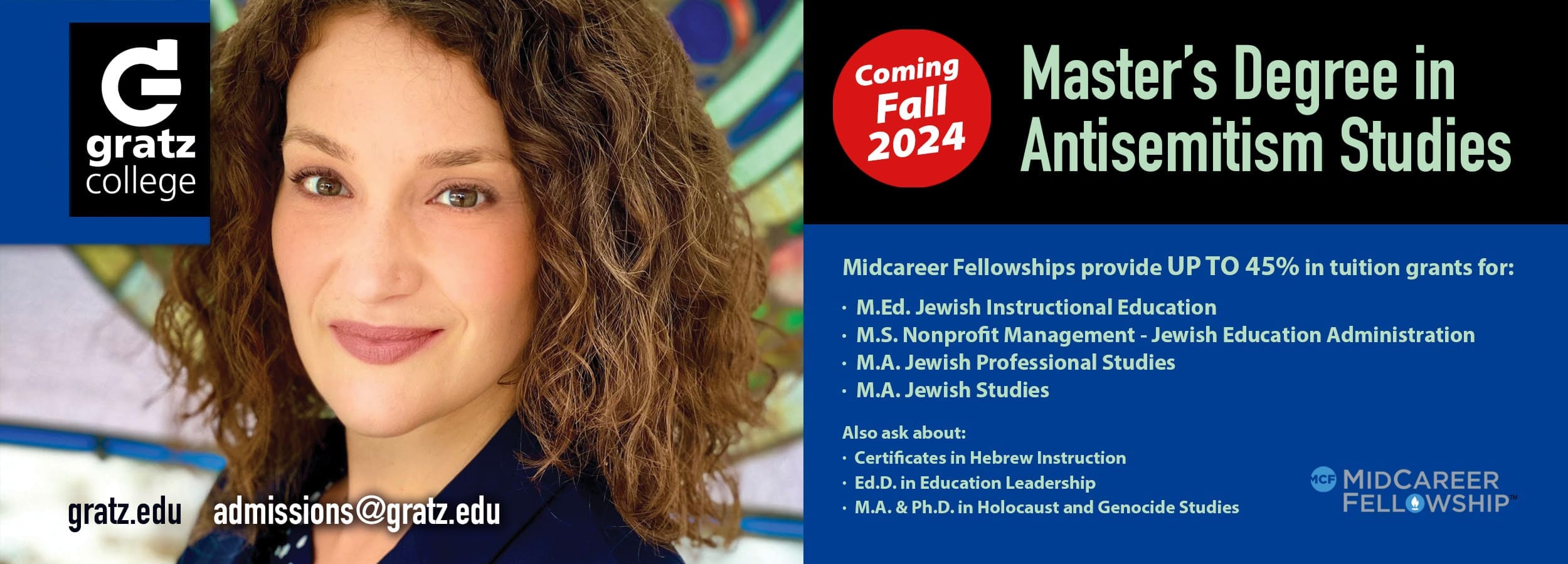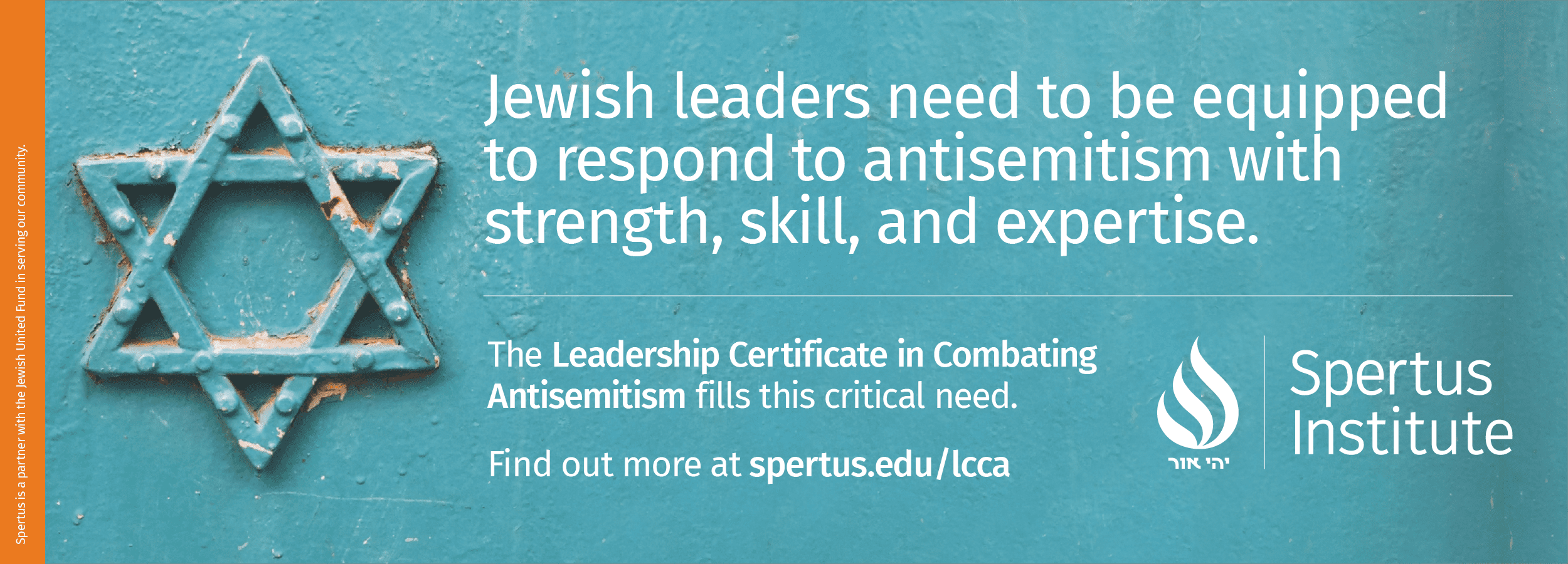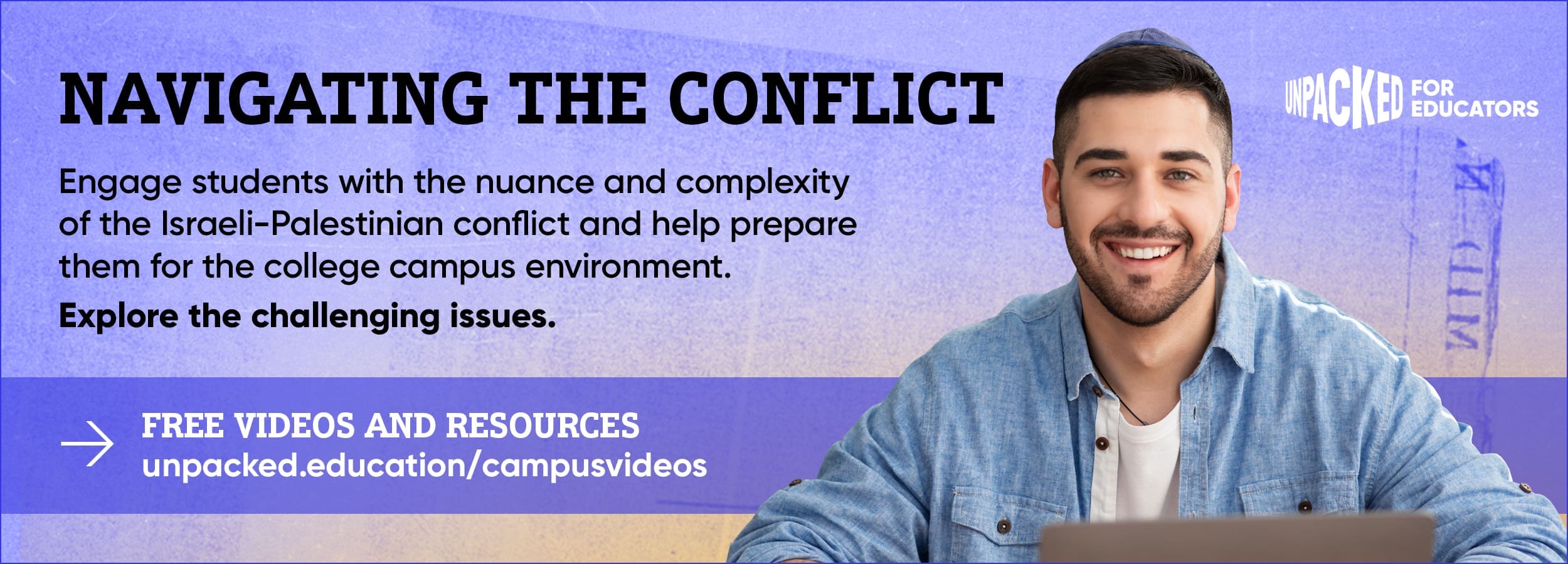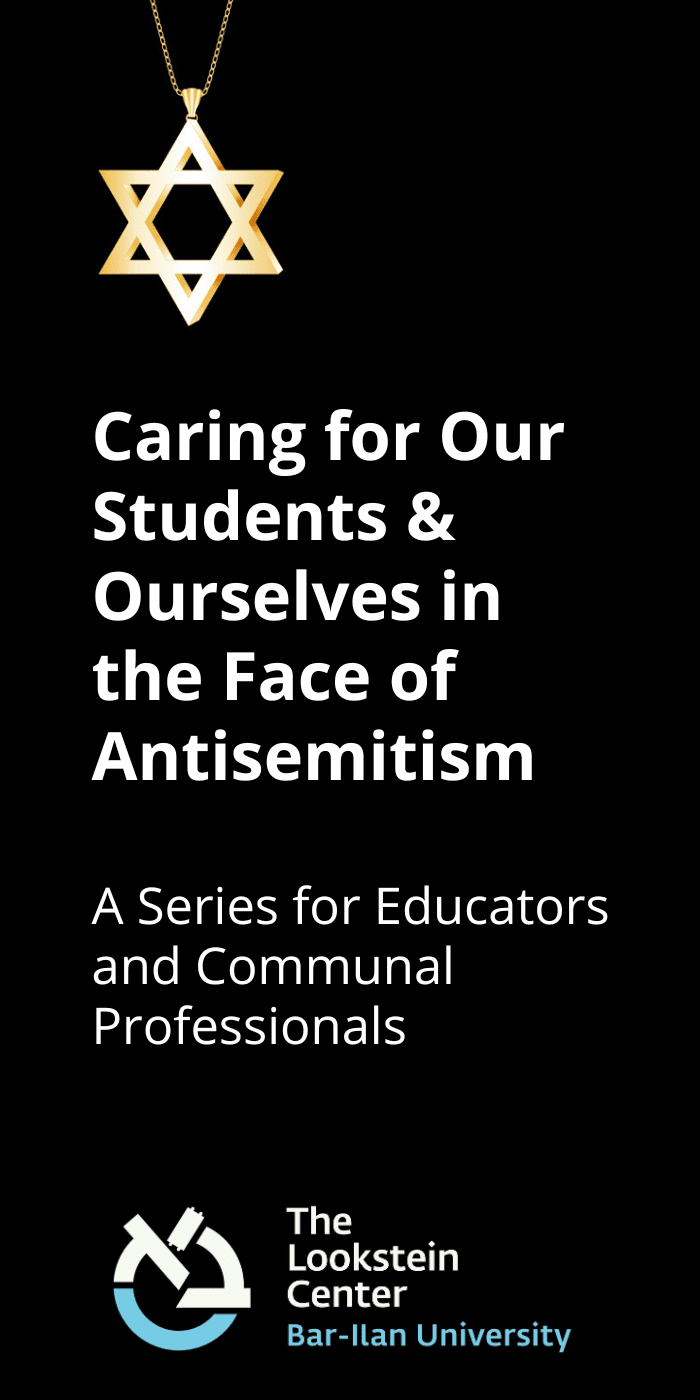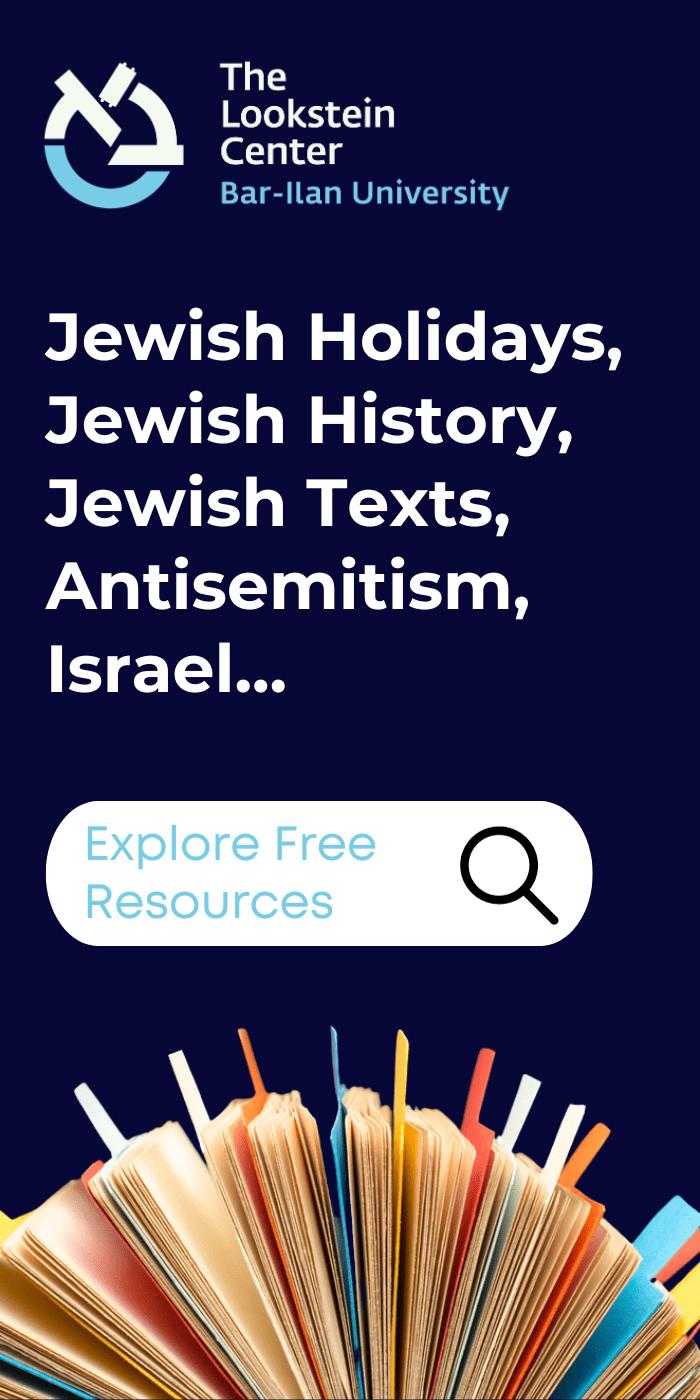Antisemitism, Anti-Zionism, and Jewish Education 📄
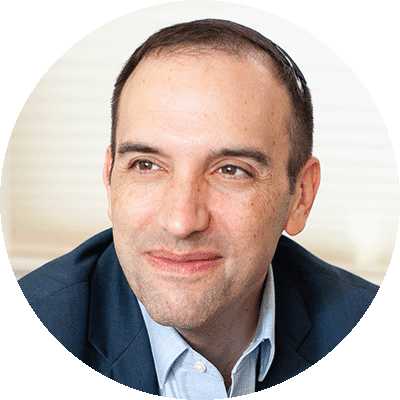
Anti-Zionism and anti-Israel sentiments are so prevalent that if students have not encountered them as of yet, whether on social media or in person, they are sure to have to grapple with them when they begin their post-high school experience. It would be a great disservice to them if we do not prepare them adequately, and it is the nature of that preparation which will determine our students’ abilities to feel confident in the face of antisemitic anti-Zionist attacks. The questions are how and in what context to do that preparation.
Conceptual issues
Even before we begin to explore the above questions, we need to understand just how complicated the issue is. Perhaps we need to begin by identifying two important facts about anti-Zionism.
- Not all anti-Israel sentiment is anti-Zionism. If the arguments are specific to a particular government’s policies and not to the undermining of Israel as a Jewish state, then such critical voices are already part of the vibrancy of Israeli democracy today. Of course, there is always the question of whether Jews living outside of Israel should participate in that critique, but suffice it to say that critique from a place of desire to improve is not anti-Zionist.
- Not all anti-Zionism is antisemitism. Since the establishment of political Zionism in the late 1800s, a significant number of Jews and—especially important from an educational perspective—a significant number of Jewish movements and organizations have been anti-Zionist. Idealogues among them have used arguments ranging from halakha to anti-nationalism, from messianism to communism, from anti-separatism to assimilationism, and none can objectively be identified as antisemitic.
Second, we need to acknowledge the relative paucity of resources we have at our disposal. Jews have been dealing with antisemitism for a long time, and professionally for nearly a century. By contrast, the current anti-Zionism is relatively new and there are limited resources available.
Third, internal philosophical debate within the Jewish community makes it difficult to formulate clear paths to provide the necessary resources. For example, Jews outside of Israel are just as divided as Jews inside Israel regarding the optimal political horizons for the Jewish State. There is no consensus on critical issues such as one state vs two states, carrots vs sticks, pride vs practicality, hope vs fear. According to the 2020 Pew Study of American Jews, only 35% of 18-29 year olds believe that caring about Israel is essential to being Jewish. In many cases, Israel is no longer the source of unity but has become a lightning rod for fierce internal debate.
Practical issues
Perhaps one of the most important things to consider in how to teach about Israel, and how to help our students understand if what they are hearing about Israel is antisemitic, is the language used. Language can be highly contentious and carries subtle, or not so subtle, messages. The language used by everyone involved is loaded—occupied land, liberated land, or disputed land—what does each mean, what do they imply, and what prejudices does each reveal or try to engender? Are the people being criticized in Israel described as Israelis, Israeli Jews, or Jews, and what difference does it make? When students learn to recognize the subtleties, the coded messages conveyed by language, they can begin to make sense out of what they are reading and hearing.
The context in which anti-Zionism is examined can have a significant impact. If taught as its own unit, it can receive proper attention but will likely be missing context. Presented as an extra-curricular unit can have the benefits of attracting the most interested students, but the disadvantage of the lack of exposure to the broader student body. Taught as part of a class on Israel and Zionism could be valuable as it can provide an important foil to the narrative being explored, but caution should be given to it becoming too much of an interruption to that narrative.
All this leads to the central issue of content, which is integrally connected to the question of why we are teaching about Israel at all. If we are looking to understand why Israel was a necessity, that would involve a historical approach and an examination of the early Zionist philosophies. If we are interested in our students taking pride in Israel, we could explore Israel’s success as the little-nation-that-could-despite-all-the-odds, start-up nation, Israeli contributions to medicine, climate, sustainability, irrigation, the arts, literature, resource management, culture, ethical codes of its military, and humanitarian efforts around the world.
If, however, we are interested in teaching about Israel so that our students are prepared to deal meaningfully with anti-Zionism, then we must supplement those other areas with additional exploration. They need to understand how Israel deals with its minorities—primarily Christians, Muslims, Bedouins, and Druze. They need to understand the language and perspective that the Palestinians take on the events of 1948 and 1967, on the Oslo accords and the Intifada, on terrorists and freedom fighters. They need to hear the voices of those who have no access to citizenship and few rights, whose lives—including freedom of movement and the ability to earn a living—are currently governed and limited by a government imposed on them. Understanding the complexities enables students to hear the other side without feeling threatened, to separate fact from fiction, and to respond meaningfully.
The question of when to begin teaching this complexity is not a simple one. Many have argued that it needs to begin in the teen years, after students have already built an emotional bond with Israel and when they are developmentally capable of dealing with multi-faceted and complicated issues. Perhaps that needs to be rethought. Students cannot afford to wait until their teen years to learn that Israel “is complicated,” and many leave Jewish educational environments before they hit their teens. That would leave students completely unprepared for the realities they will face—even in their teen years—in school, on the playground, and in every public venue in which they interact with the broader world. Their pollyannish perspective on the mythical, magical, pristine Israel of the rose-colored glasses will quickly be challenged and shattered, leaving them prone to the antisemitic and anti-Zionist voices surrounding them.
Accomplishing this education requires investment in curriculum, in teacher-training, in school hours, and in professional support. It may be difficult, but it is necessary.
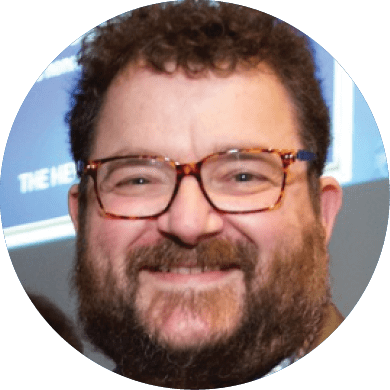
Reach 10,000 Jewish educational professionals. Advertise in the upcoming issue of Jewish Educational Leadership.
Do you want to write for Jewish Educational Leadership? See the Call for Papers for the upcoming issue.
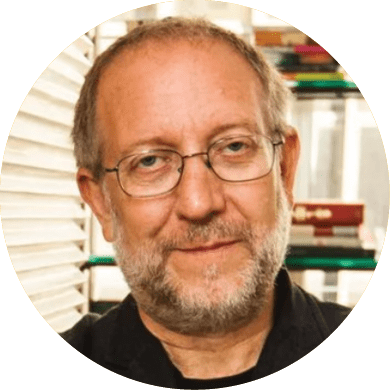
Understanding the New Antisemitism with Yossi Klein Halevi – 2024 Update 📄🎬
I think we’re experiencing a phenomenon that we can call massacre denial or massacre trivialization. And I don’t like Holocaust comparisons to Israel’s situation. But in one way I do believe that a Holocaust analogy is legitimate and that is in in how the historicity of October 7th is being treated and the uniqueness of October 7th. What makes October 7th unique is that it was not a pogrom, these were premeditated atrocities. And the purpose of the atrocities, was to instill terror. So what is happening to the memory of October 7th, the understanding of what October 7th was, is very similar to what Holocaust memory has been subjected to in large parts of the world.

From Fear to Resilience – 2024 🎬
The whole world has changed. I feel like we’re at a historic moment for the Jewish people. This is one of the major, major dividers within the Jewish world today. Those who have never really known Jewish vulnerability and those who know it and feel a deep in their kishkes. And I think that divide has been kind of blown up right now. We’ve known through the statistics that antisemitism has been on the rise for the last many years. And I think Pittsburgh, Tree of Life, really changed in some ways the American Jewish condition. It kind of woke us up to the fact that it can happen here.
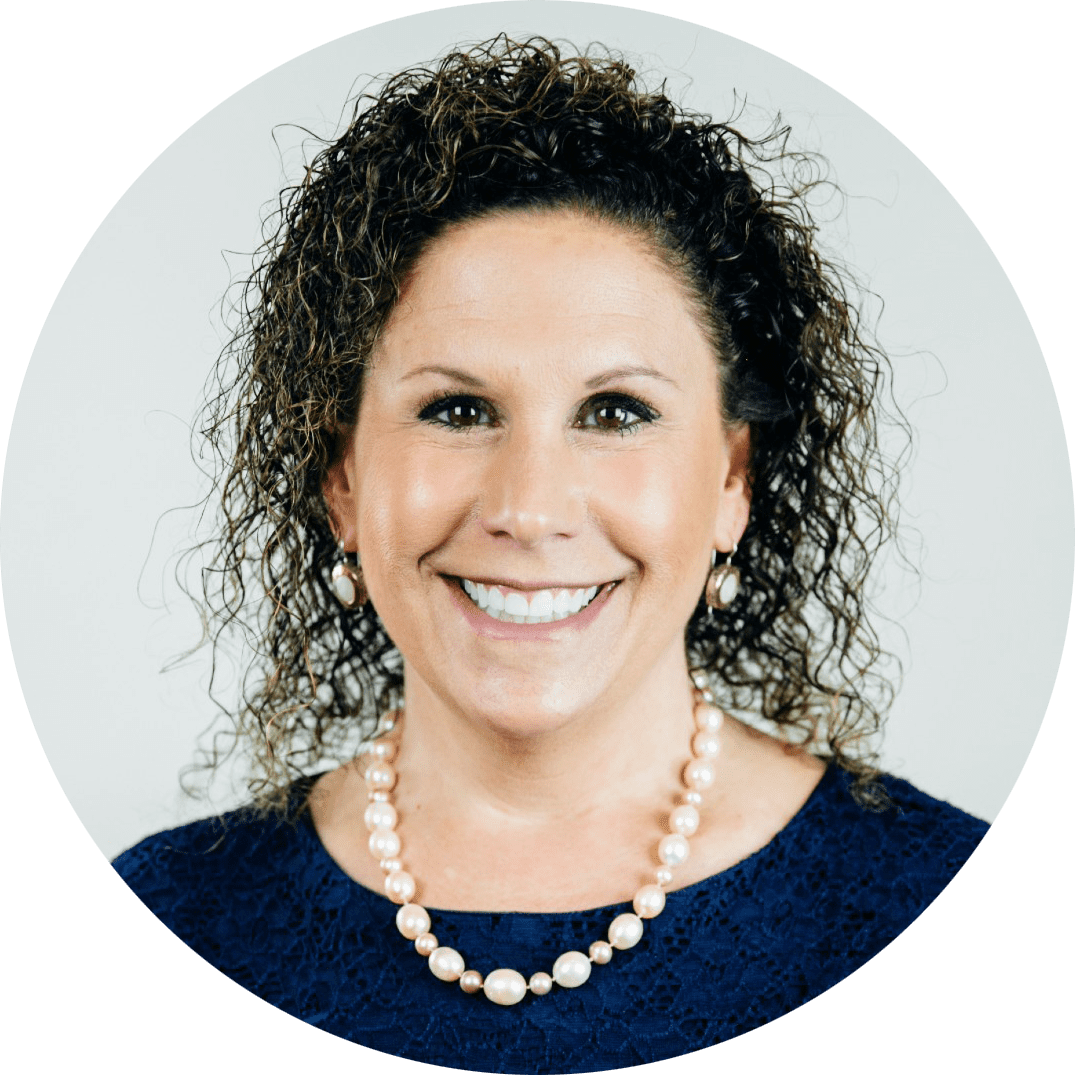
Building Jewish Strength – 2024 🎬
I think among the things that are concerning for me is that the people that I work with, and I’m in a Reform congregation, we’re a very large community with a lot of diversity within that community. I think that what is particularly concerning to me is that our people are so caught off guard and surprised. That all of the sudden in 2023, all of the sudden it’s as if there wasn’t antisemitism before October 7th. We either had our heads in the sand or we were just kind of in a position of not really acknowledging the extent to which antisemitism is still a part of the human existence. I won’t say the Jewish existence because I think antisemitism and anti- antisemitism is more than a Jewish concern.
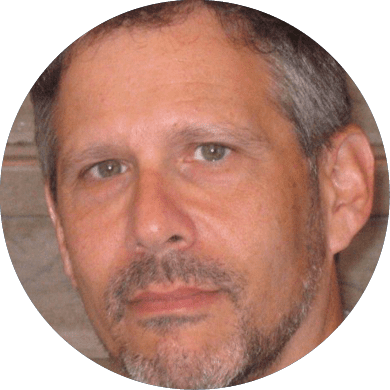
Confronting the Campus Crisis – 2024 update 📄🎬
I think what we’re seeing now is a globalization of antisemitism and it’s become a mass movement in the name of anti-Israel activism, in the name of anti-Zionism, which is not to say that anti-Zionism automatically equals antisemitism, but the way that anti-Zionism is expressed particularly now, is in an antisemitic way. One example, for instance, maybe you would a draw a Venn diagram and you would have a big circle and that big circle says criticism of Israel. Then you have another circle, which is antisemitism, and then you have a bit of an overlap. And the overlap seems to have increased recently. Why that is, is because Hamas is in itself an antisemitic organization.
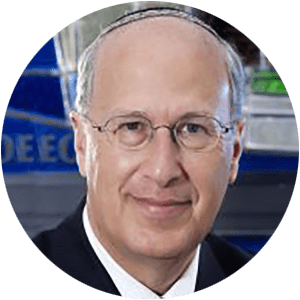
Antisemitism, Debating a Lie – 2024 🎬
The most concerning thing I find about the uptick in antisemitism is the lack of knowledge on the part of Jewish students and others about the real history of the situation. The kids don’t know how to have a cogent debate. They don’t have the knowledge. They don’t have the history to truly stand up and speak truth to lies. And that actually is the most disturbing thing. If there’s violence, it’s obviously extremely disturbing. But I’m not as worried about that as the long term issues, both on college campuses and now on high school campuses, where the lack of knowledge and the level of ignorance is so profound that I think we are in a strategically dangerous spot with our youth who don’t know.
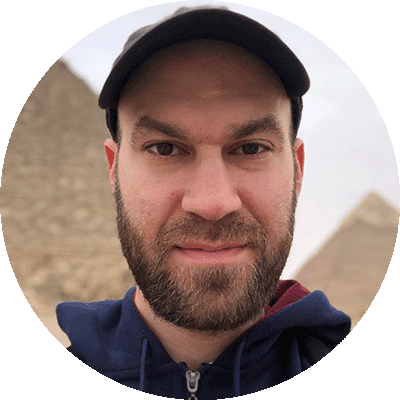
Seeing Antisemitism Clearly – 2024 🎬
The time when my thinking on antisemitism changed the most in the last five years was actually 2021, not now. In 2021, we had a similar situation on a smaller scale to what we have now, which is Israel and Hamas fighting and violence against Jews outside Israel. Hate crimes, attacks both at protests but also just on the street. And the thing that changed my thinking the most was not fighting in Israel and was not even those attacks. But it was how the reaction to those attacks from people who are most likely to stand up for minority groups who are being subjected to racism or prejudice was anything ranging from apathy to justifying or contextualizing the violence.
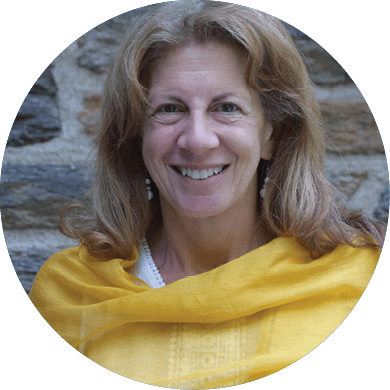
Antisemitism – So Close to Home – 2024 Update 📄🎬
I appreciate the opportunity, unfortunately, to revisit the question of antisemitism and the Jewish day school landscape. And it was almost like looking back at an innocent time to think about the Pittsburgh experience, which is what I wrote about, the proximity of my experience to the three congregations that were massacred in the Tree of Life building. At that time I definitely had it in the context of, well, I’m not surprised. I’m a child of Holocaust survivors. This is going to happen periodically. The big difference was the feeling that the world and the communities and the rational universe were very empathetic and sympathetic to what happened to the Jews in our community.
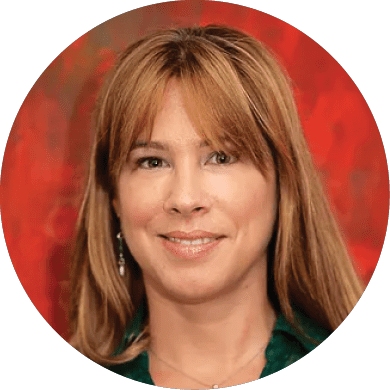
Antisemitism and Identity – 2024 Update 📄🎬
So the question was, in the last two years, has your thinking on antisemitism changed? And the answer is very straightforward. My thinking has not changed whatsoever. I knew that antisemitism is an issue, even though people around me have been minimizing and denying it and now it’s just out. It’s clear that there is bias even among people who are not necessarily antisemitic. It seems like there is a radicalization among younger people. I’m wondering to what extent education has to do with it. I got my Ph.D. here and I’ve seen the environment. There seems to be also a lot of misinformation at least on the school campuses or university campuses.

Caring for Our Students & Ourselves in the Face of Antisemitism🎬
Jewish educators are dealing with antisemitism on two levels. We are dealing with our own shock, fear, anger, and uncertainty. And at the same time, we need to be able to address antisemitism in our classrooms, camps, or youth groups. We need to help our students feel safe and supported, and we need to make sure they have some tools in their arsenal to rely upon. While there are so many questions, many without answers, there are some things that we can do right now to help our students feel safe and supported. This series of videos from The Lookstein Center at Bar-Ilan aims to give educators tools for helping our students through these troubling times.
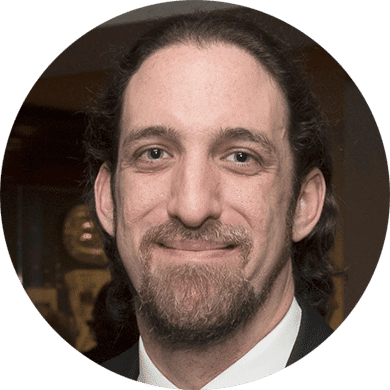
Antisemitism is Systemic, and Yet Deeply Personal – 2024 Update 📄
In the United States and across the globe, there is an all-out assault on Jews arising from the political left, political right, and seemingly everywhere in between. From virulent and overt violence to the dog whistles of antisemitic tropes, one can see antisemitism alive and growing in almost every facet of life. In a survey conducted by ADL, over 1 billion out of 4 billion people surveyed across the world harbor antisemitic attitudes. That is over 25%. As the Program Manager for Echoes & Reflections, my career is focused on helping secondary educators effectively and responsibly teach about the Holocaust and contemporary antisemitism.
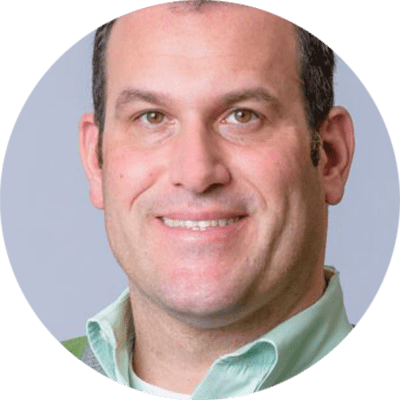
Insights From College Guidance in the Wake of October 7th – 2024 📄
I have been privileged to work at SAR High School since 2007, assisting many hundreds of graduates with the college admission process. It has been a true labor of love, helping a student discover the institution that could be their perfect match for four transformative and memorable years. Front and center in the admission process has always been a student’s growth as a Modern Orthodox Jew, with considerations like kosher food, daily minyanim, Hebrew language and Jewish studies departments, Torah learning opportunities, and Israel advocacy coming into play as much as academics and student life.
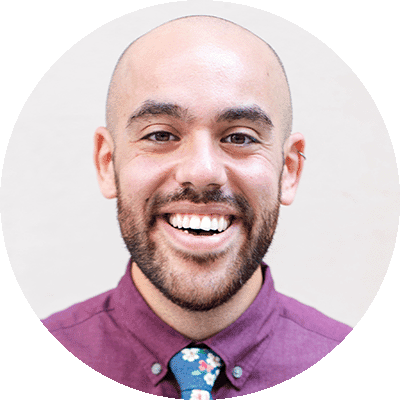
Reflections on College Guidance after October 7th – 2004 📄
This all happened at a very interesting time in the college application cycle. When the war started and we started seeing anti-Israel and antisemitic activity happening across the country, our immediate thought in the Milken college admissions office went to students applying early decision to schools, because that’s a binding contract—if you’re admitted, you have to attend. October 7th was a month before early decision, early applications were due, and we had to do triage for those students. For students who were not applying early decision the timing wasn’t as critical.


